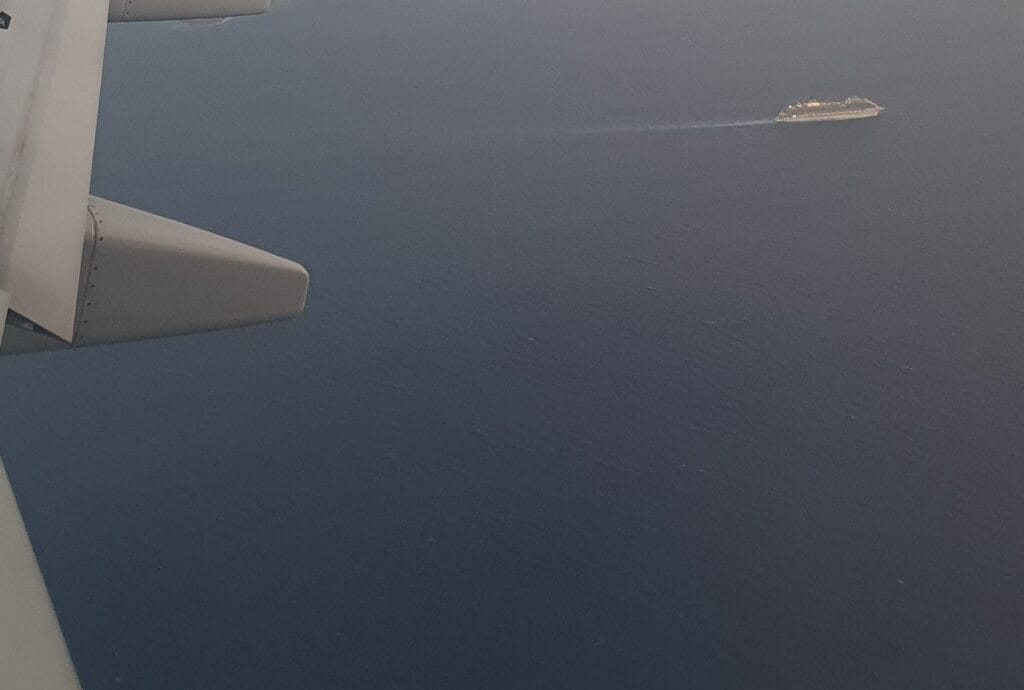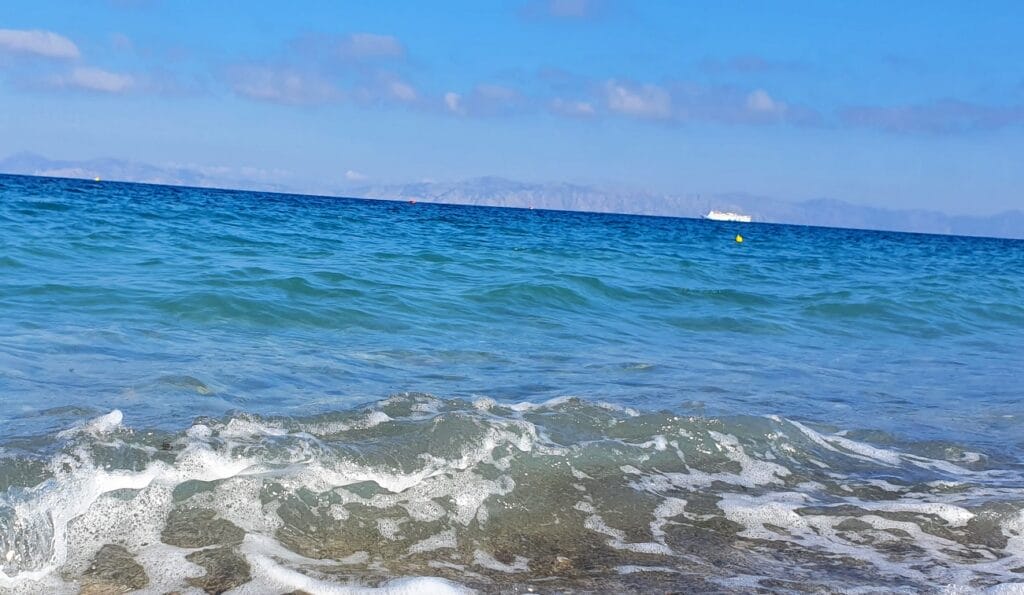What is allowed in UK may be banned in other countries. The laws of states are valid only in their territories. But there are places on Earth that do not belong to any states – what laws are in force in international waters? Would committing a serious crime there manage to get away with punishment?
You probably know that international shipping has its own rules. International organisations have predicted what ships travelling in the world’s oceans can do and what they can’t do. There are also separate conventions that deal with certain issues. For example, the International Convention for the Prevention of Pollution from Ships, briefly called MARPOL, prohibits the throwing of garbage from ships and the pouring of other waste. However, such conventions concern states and shipping companies more than individuals.
By the way, if you are interested in this question, you will probably want to know also whether a boxer who has dealt fatal blows in the ring would be tried for murder. War has its own rules too – do you know if shooting paratroopers who are rescued in war conditions is really illegal?

Let’s start with the easiest case – the crime on a big ship. Practically all large ships fly the flags of states. The laws of the flag State and shall be in force on board when it is in international waters. True, ships often belong to the company of one country, while flying the flag of another country. For example, the ships of the Dutch company can fly the Panama flag. This is how companies are looking for lower taxes. If a serious crime is committed on such a ship, a decision may be made to try and punish a person in the country of the shipowner. It depends on international agreements, another port on the ship’s route and other factors.
In general, shipping companies do not want to be associated with crimes, so they take care that the law is observed on their ships in such a way that law enforcement has nothing to cling to. For example, the consumption of alcohol on cruise ships may be limited not by the laws of the flag country, but by the ports visited, even when traveling in international waters. Let’s say, if in the flag country it is allowed to consume alcohol from the age of 18, approaching the coast of the United States, where you can drink from the age of 21, the ship can tighten the rules in advance, still in international waters, just to avoid misunderstandings.
Of course, there are ships and without any flags. Small motorboats can easily reach international waters. Of course, this is illegal, but they may not be registered anywhere at all and fly without any flag. However, the crimes committed in them would also have to be held accountable. In particular, the country into which such a ship-crime scene would enter could apprehend the suspect. Secondly, if the crime has a victim (a stolen, injured or killed person), its country has the right to prosecute the suspect, even if it happened in international waters. Thirdly, the country of the suspect may also want to deal with its own citizen. Finally, if it is known that a crime is taking place in international waters – something that is universally unacceptable (for example, violence) – any ship or aircraft can intervene to stop the crime. This is often learned by pirates.

In law, there is a principle called universal jurisdiction, according to which states or other organizations can prosecute a person for his crimes, regardless of the nationality, country of the suspect or where the crime was committed. This usually applies to particularly serious crimes, including crimes against humanity. If something terrible happens in international waters and there are countries that are interested in finding and punishing a responsible person, they can do it.
Of course, in international waters, something often happens that would be illegal somewhere. For example, gambling is quite common there. There are even companies that specifically transport people to international waters so that they can gamble there without major restrictions. Even if it goes beyond the bounds of the law, such activities are not punishable in international waters with impunity – as if you had gamble somewhere abroad. True, after returning home for winnings, you may still have to pay taxes.


Leave a Reply